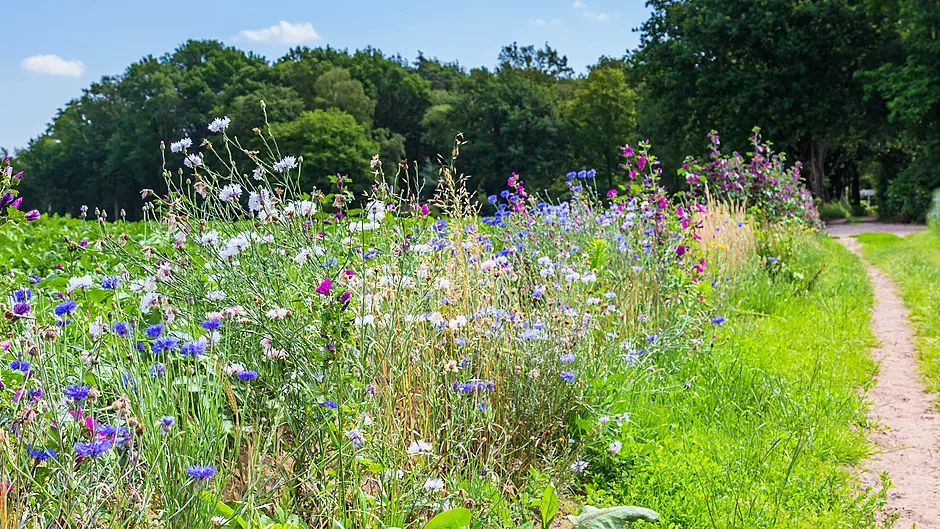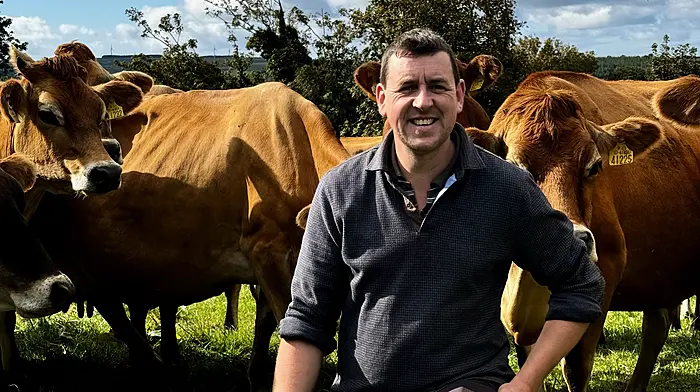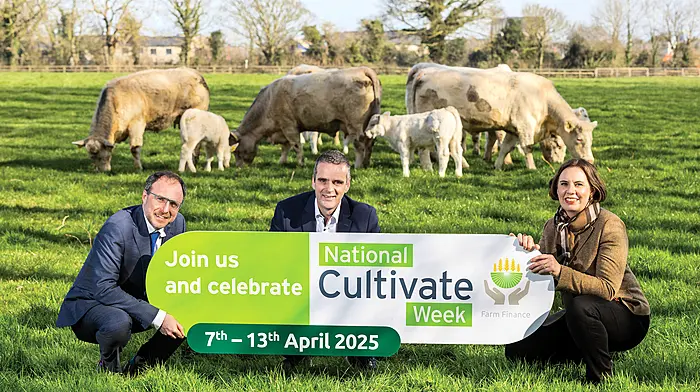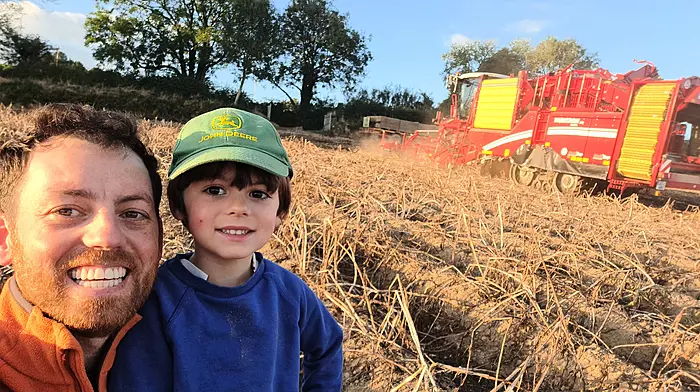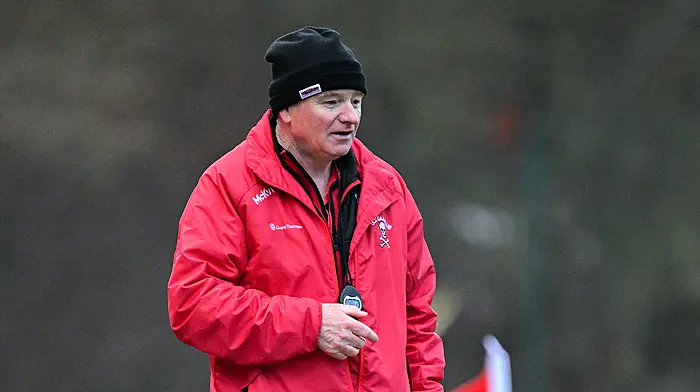A just-launched report by the Citizens’ Assembly on Biodiversity Loss has caused much concern among farming stakeholders. However, the chair of Green Skibbereen says it should not be seen as an attack on one industry, but a way of changing how we do things across many sectors
THE final report of the Citizens’ Assembly on Biodiversity Loss has been described as ‘concerning’ in parts by the IFA while local Independent TD Michael Collins went a step further and blasted the proposals by the group as being ‘extremist’, with the potential to ‘wipe out Irish farmers.’
The report expresses the Assembly’s clear disappointment at the State’s failure to adequately fund, implement and enforce existing laws and policies, and concludes that the State ‘has comprehensively failed in relation to biodiversity.’
To address this, the 99 randomly selected members of the public, including some from West Cork, under chairwoman Dr Aoibhinn Ní Shúilleabháin, agreed 159 recommendations.
Dr Ní Shúilleabháin said that it is now incumbent on members of the Oireachtas to study the report, consider its recommendations, and act upon them.
‘The assembly’s recommendations are a call to action. They ask us all to re-evaluate our current practices across the whole of society and in industry, agriculture, social enterprise, local government, national agencies and government departments.
‘Future generations are depending on us to act now,’ she said adding that some sectoral interests and lobby groups may resist attempts to address biodiversity loss.
The agricultural proposals include the public to be encouraged to consume a more plant-based diet; and that biodiversity targets in national schemes (Cap and Acres) must be made significantly more ambitious, detailed and focused on the medium to long-term.
Bord Bia, it says, must significantly increase the promotion of the organic farming sector in Ireland and actions supporting the Farm to Fork strategy; and it proposes that the Green Cert be adapted by increasing the proportion of credits for sustainable farming.
President of the IFA Tim Cullinan said ‘on initial reading’ the organisation had ‘very serious concerns about some of the recommendations and whether they could actually be counter-productive to the overall objective of protecting biodiversity.’
Referring to a proposal for a new sector-specific levy or charge on agricultural exports as well as on retailers, he said it was ‘outlandish’.
‘It will be counter-productive and also seeks to place the cost burden of dealing with challenges relating to biodiversity squarely on the shoulders of farmers. Any levy or charge that is placed on food production ends up being carried by the farmer. We already have a situation where our horticultural sector is in terminal decline due to how Irish retailers have squeezed margins. These proposed levies will be just another tax on farmers and will do nothing to improve biodiversity,’ he said.
West Cork IFA chairman Donal O’Donovan said the importance of biodiversity was something that was already being recognised in the next round of Cap.
‘We have to remember that farmers have been part of environmental schemes for at least 20 years,’ he said, while also pointing out that the assembly was not an elected body.
Meanwhile, Deputy Michael Collins, on behalf of the Rural Independents Group claimed the report ‘has been heavily manipulated with predetermined outcomes to provide cover for Fianna Fáil, Fine Gael, and the Green TDs to impose stringent net-zero policies that go against the interests of the Irish people.’
‘We are highly critical of the report for proposing sector-specific levies or taxes on exports and retail sales, phasing out farm subsidies for farmers already operating on very tight margins, and forcing people to consume plant-based diets. The report represents a nasty attack on rural communities and farmers.’
However, Trish Lavelle, chairperson, Green Skibbereen said ‘the conversation has to be more than picking a side and hurling rocks at the other side.’
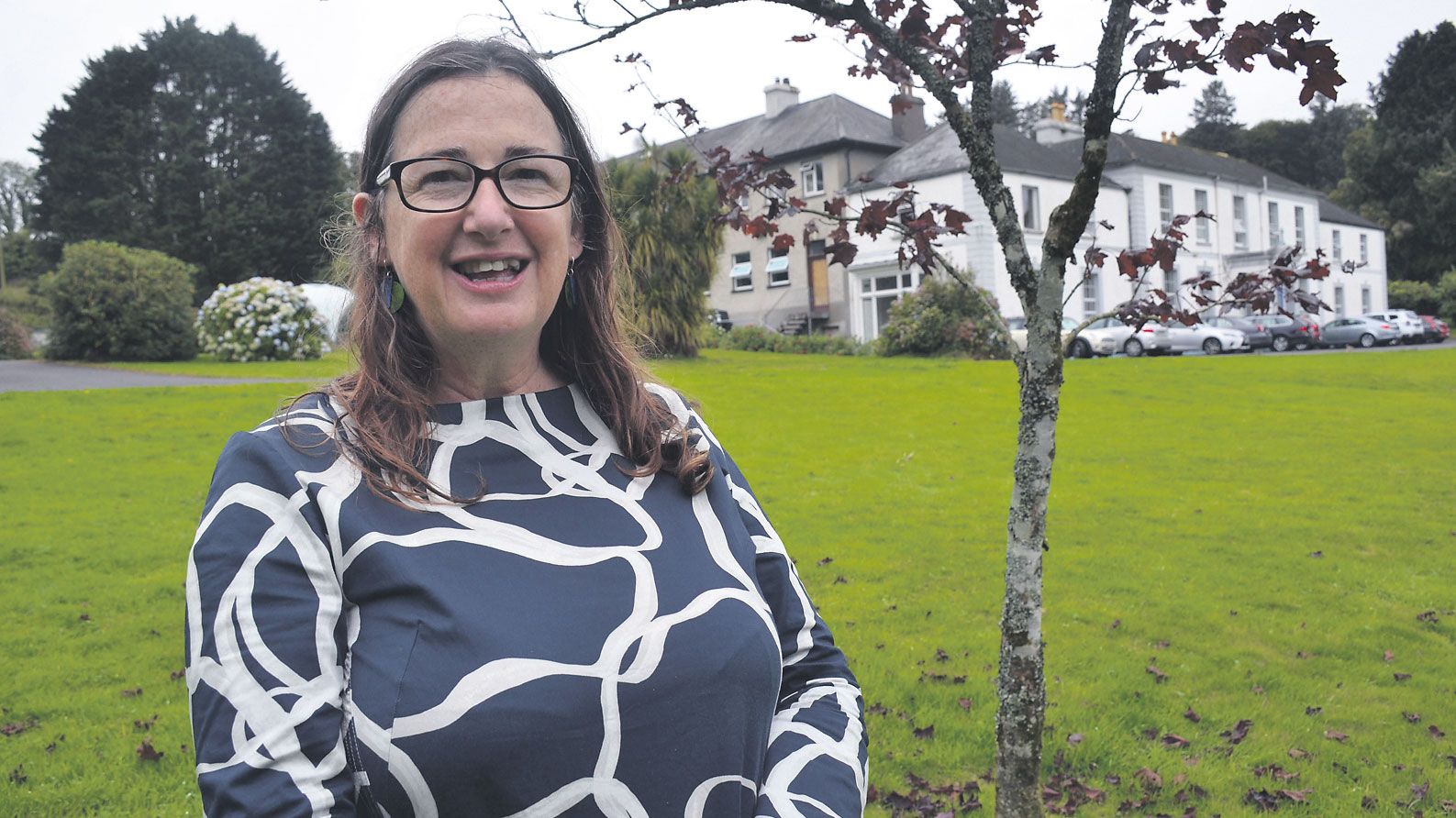 Trish Lavelle, chair of Green Skibbereen says it’s not an attack on any one sector. (Photos: Anne Minihane)
Trish Lavelle, chair of Green Skibbereen says it’s not an attack on any one sector. (Photos: Anne Minihane)
‘The recommendations set out a necessary but challenging way forward for our heavily depleted biodiversity in Ireland. It is not an attack on any one sector but it will mean changing the way we do things in many sectors,’ she said.
Pointing to Carbery’s Farm Zero Project she said there are many new innovative ways of farming with nature rather than against nature.
‘Surely the right approach is for us to identify good practice where it exists and start exploring together how we can spread that good practice and how we can support the transition that businesses including farms will have to make. Green Skibbereen is in a position to help facilitate these debates and has already started to provide a forum for this through meetings and seminars at Cecas in Myross Wood House in Leap. On Thursday May 25th, we will host a wide ranging debate on biodiversity loss in West Cork at Cecas, which will be open to all interested parties. Finding solutions to climate change and biodiversity are at the heart of our work, but in a way that unites rather than divides and brings our community with us.’

